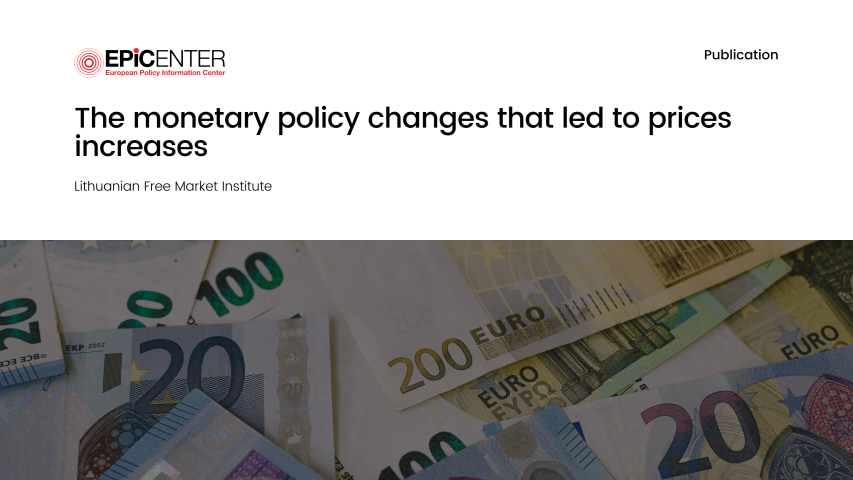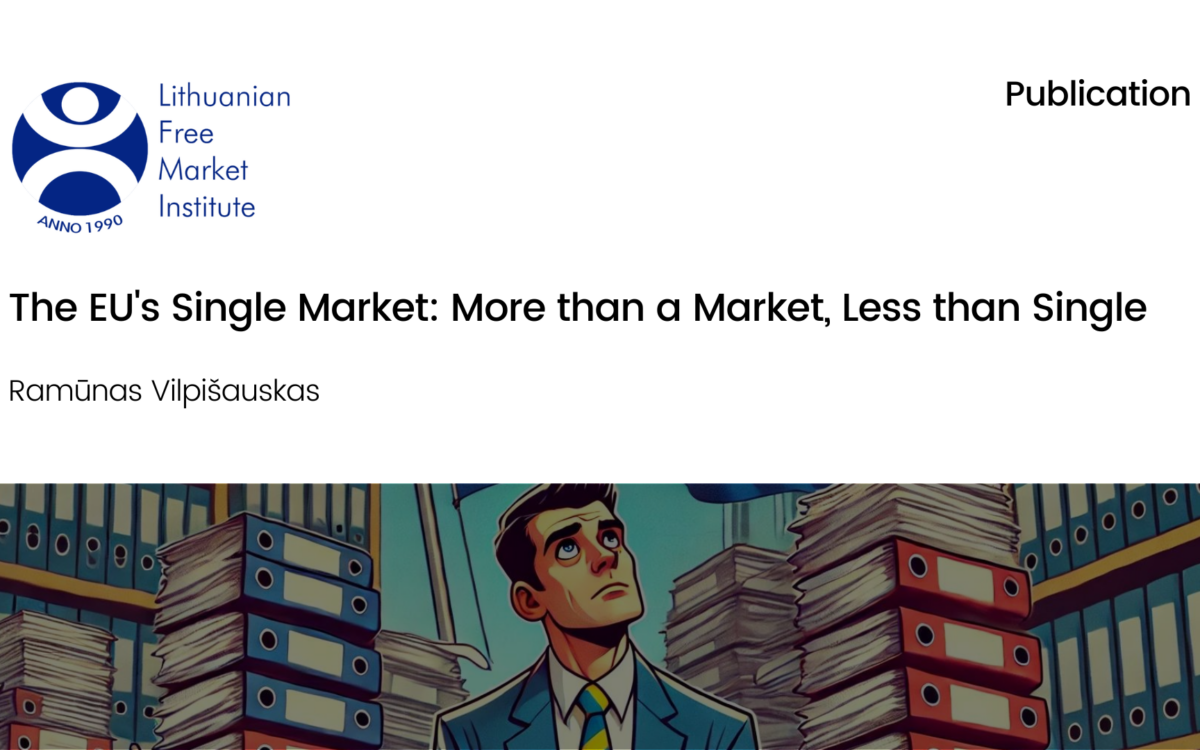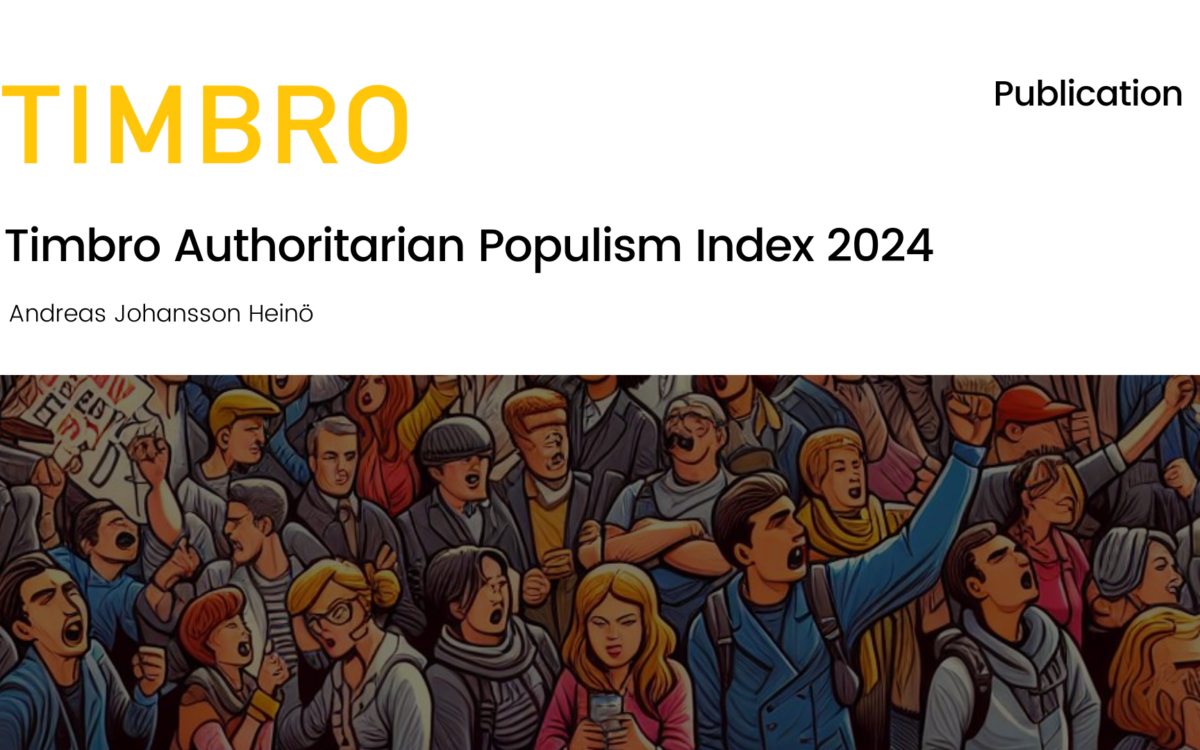The Monetary Policy Changes That Led To Price Increases

The Monetary Policy Changes That Led To Price Increases
15 September 2023
The relationship between the money supply, demand for money, and price levels is a dynamic force within the economic landscape. It’s important to note that simply increasing the money supply doesn’t automatically lead to price inflation as the impact of such an increase depends on how people choose to utilise the injected money.
However, during the pandemic, when uncertainty and limited consumption opportunities led individuals and entities to prioritise saving over spending, the expansion of the money supply surpassed the growth in production and services. In order to stimulate activity, the ECB implemented asset purchase programs which substantially increased the money supply over a span of two years.
Analysis shows that, while expanding policy was crucial for mitigating the consequences of the pandemic and boosting overall demand, it did result in delayed effects. The rapid growth in the money supply, outpacing goods and services, resulted in price increases across the board. This scenario has presented a dilemma as money faced difficulties in fulfilling its roles as a means of trade, a store of wealth, and a standard unit for measurement. Ultimately, the inflation that followed the pandemic highlighted the cost of monetary policies, indicating that society would eventually need to confront the repercussions of such strategies.
Download or share this publication
View the PDF
EPICENTER publications and contributions from our member think tanks are designed to promote the discussion of economic issues and the role of markets in solving economic and social problems. As with all EPICENTER publications, the views expressed here are those of the author and not EPICENTER or its member think tanks (which have no corporate view).



